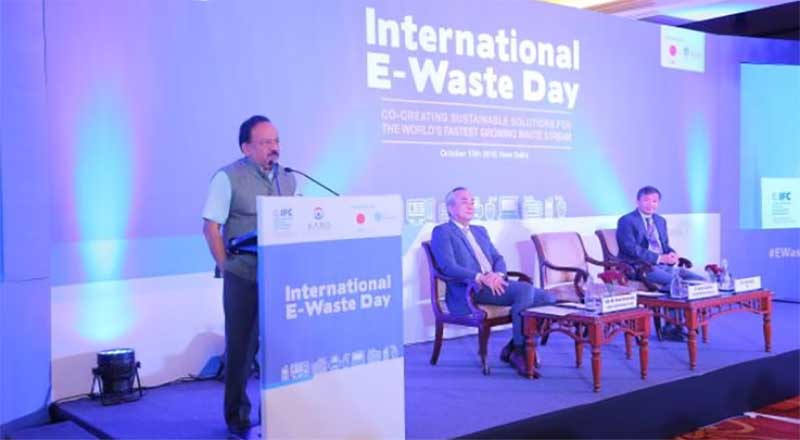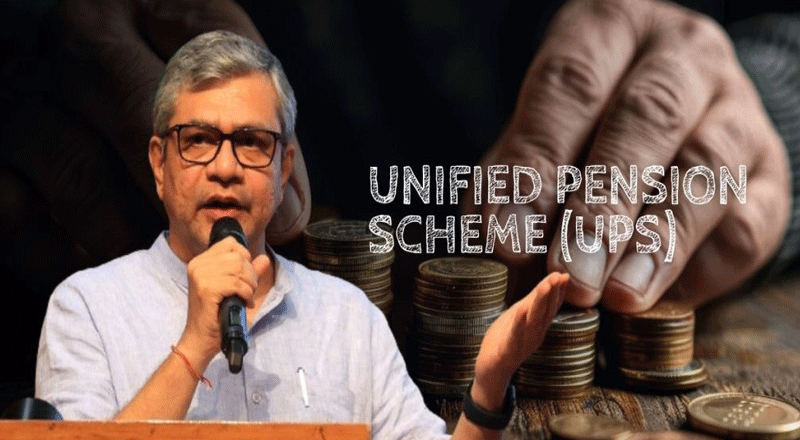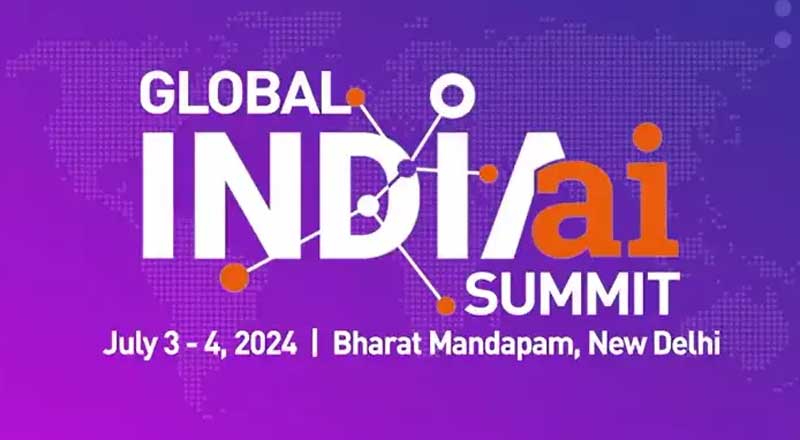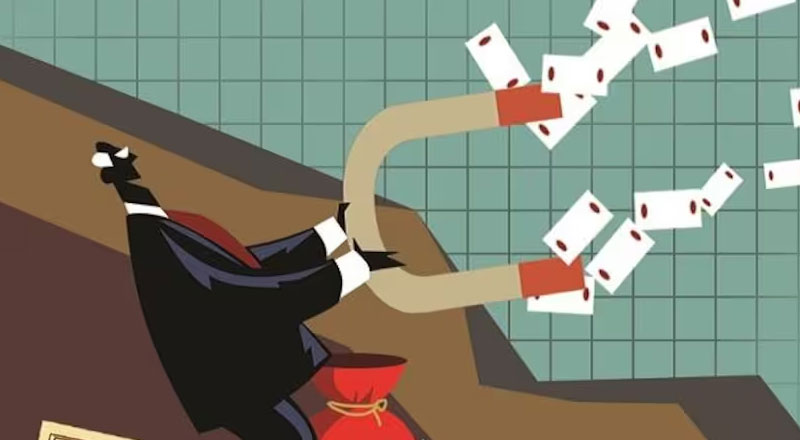International Finance Corporation (IFC) and Karo Sambhav have hosted an event, ‘E-waste Management – Yesterday, Today and Tomorrow’, to prioritize e-waste management as a public interest issue.
The Ministry of Environment, Forests and Climate Change (MoEFCC) passed the E-Waste Management Rules in 2016. They were amended to form the E-Waste (Management) Amendment in 2018. The event highlighted the progress that had been made since the rules were formulated and called for their stronger enforcement.
Last year, the European Association of the Waste Electrical and Electronic Equipment (WEEE) Forum had declared October 13 as International E-Waste Day. Today’s event was also held to mark its first anniversary. India joined more than 20 countries in doing so.
E-waste is the world’s fastest growing waste stream. With more than 2 million metric tonnes of e-waste generated every year, India is the fourth largest e-waste producer. Unfortunately, at present around 95% of the waste is processed by the informal sector, using practices harmful to their health and the environment. IFC is working with Karo Sambhav to build a locally relevant and responsible e-waste management solution across all states in India through IFC’s India E-waste Program.
Bringing together key stakeholders from the government, private sector, media and academia, the event laid out transformative solutions to improve the e-waste management ecosystem in the country, which would involve increased awareness and participation by manufacturers, bulk consumers, the informal sector and citizens. The event emphasized the need for stronger enforcement, and enhancement of India’s technological capacity to process e-waste, thus eliminating the current export of e-waste and the economic value lost by doing so. The need for consistent investment in the sector, as well as for skilling and integrating the informal sector into private sector industry solutions – and thereby promoting inclusive growth – was also stressed.
Dr Harsh Vardhan, Honorable Minister, MoEFCC, was the Chief Guest at the event.
On the occasion, H.E. Hiramatsu, Ambassador of Japan to India, in his keynote address said, “I congratulate IFC on the successful implementation of its India E-waste Advisory Project, and I am pleased to inform that the Government of Japan has been supporting this project through the Comprehensive Japan Trust Fund since 2014. I hope that this project would continue to contribute to the implementation of the E-waste policy in India”. He also spoke about the importance of promoting a circular economy to achieve the goal of a sustainable society.
Jun Zhang, IFC Country Head for India added, “IFC supports the growth of a sustainable private sector led e-waste management ecosystem in India and aims at finding a long term and cost-effective solution to the industry’s challenge of collecting and disposing off e-waste in an economical and responsible manner.”
IFC’s India E-waste Program focuses on generating awareness supporting the establishment of a responsible e-waste management ecosystem through the PRO model and developing knowledge and data resources to support stakeholders in their implementation efforts. IFC aims to mobilize investments towards the sector and support the development of a fair market.
Pranshu Singhal, Founder, Karo Sambhav and co-host of the event, said, “With the 2016 E-Waste Rules and targets in place, India has made progress in the management of e-waste since last year. The next big push will come by establishing standards across value chain, using IT to drive accountability and transparency, focusing on de-pollution practices during recycling and introduction of recovery targets for collected e-waste.”
The India E-waste Program is funded through financial support from Japan and South Korea.





